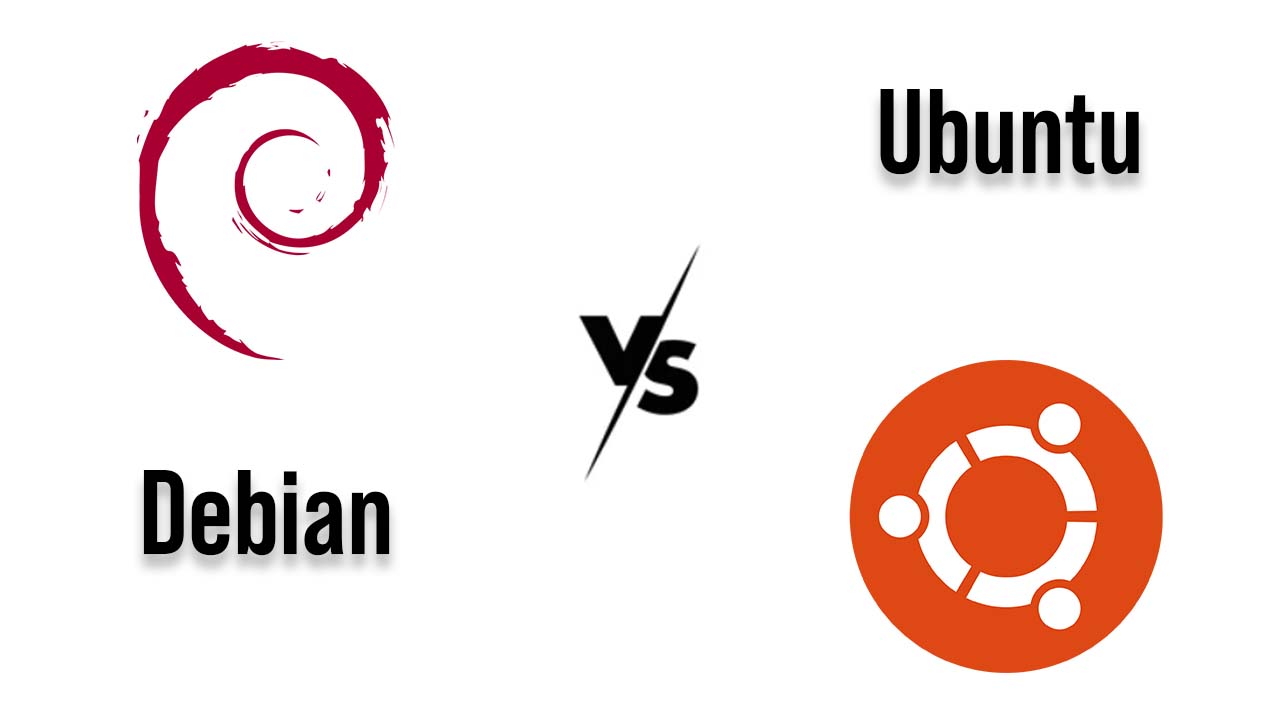
Debian vs. Ubuntu: Which Linux Distro is Right for You?
By Adedayo Oyetoke, Published on: July 19th 2024 5 min, 902 word Views: 1169
The vast world of Linux offers a dizzying array of choices, each catering to specific needs and preferences. Today, we delve into the realm of two titans - Debian and Ubuntu. Both are incredibly popular Linux distributions (distros), but their philosophies differ, making them ideal for different users. So, which one conquers your digital domain? Buckle up, penguin enthusiasts, as we embark on a journey to discover the perfect Linux match for you!
1. Introduction
Ever felt frustrated by limitations imposed by proprietary operating systems? Perhaps you crave the freedom and customizability of open-source software. If so, Linux beckons! This blog post, an extension of our exploration of Linux on Wireless Terminal, dives deep into the captivating clash between Debian and Ubuntu. We'll unveil their strengths, weaknesses, and ideal use cases to help you make an informed decision.
Check out Linux OS: The Open-Source Operating System for Power Users
2. Overview of Debian and Ubuntu
Debian:
Imagine a rock-solid foundation, unwavering in its commitment to stability. That's Debian in a nutshell. Founded in 1993, it's one of the oldest and most respected distros, renowned for its meticulous testing and focus on open-source software. Debian prioritizes stability over bleeding-edge features, making it ideal for servers and users who value rock-solid performance.
Ubuntu:
Picture a user-friendly, welcoming environment that embraces the latest advancements. Launched in 2004, Ubuntu is Debian's offspring, built upon its robust core. It prioritizes ease of use and offers a wider range of pre-installed software, catering to both beginners and experienced users.
Why do people use Ubuntu instead of Debian?
Many factors contribute to this. Ubuntu boasts a smoother installation process, comprehensive hardware compatibility, and a vast ecosystem of apps readily available. This user-friendliness makes it a popular choice for newcomers to the Linux world.
What is the best Linux distro for personal use?
There's no single "best" distro. Both Debian and Ubuntu excel in different aspects. If stability and a pure open-source experience are paramount, Debian shines. For a user-friendly, feature-rich environment, Ubuntu takes the lead. Ultimately, the best choice depends on your individual needs and comfort level with technology.
Check out The Penguin Revolution: How Linux Went From Quirky Code to Global Phenomenon
3. Key Differences
Software Philosophy:
- Debian: Strictly adheres to open-source principles.
- Ubuntu: Offers both open-source and proprietary software options.
Release Cycle:
- Debian: Focuses on stability with infrequent releases. It offers three branches: Stable (rock-solid), Testing (newer packages), and Unstable (bleeding edge).
- Ubuntu: Releases a new version every six months with the latest features. It also provides Long Term Support (LTS) releases, offering extended support for servers and critical systems.
Read about Guide to Different Linux File Systems
Focus:
- Debian: Offers a more granular level of control and customization.
- Ubuntu: Prioritizes user-friendliness and a streamlined experience.
4. User Experience
Debian: Geared towards experienced users comfortable with the command line. Installation can be more complex for beginners. However, once configured, Debian offers an incredibly stable and efficient platform.
Ubuntu: Celebrates a user-friendly graphical interface and intuitive installation process. It's ideal for those new to Linux or seeking a hassle-free experience.
How do I choose the right Linux distro?
Consider your technical expertise and priorities. If you're comfortable with the command line and prioritize rock-solid stability, Debian might be the perfect fit. If you're new to Linux or prefer a user-friendly experience with the latest features, Ubuntu beckons.
Check out Linux vs. macOS: Unveiling the Key Differences Between Two Powerhouse Operating Systems
5. Stability and Performance
Debian: Renowned for its rock-solid stability, making it a stellar choice for servers and mission-critical applications. Debian's testing process ensures a smooth user experience with minimal bugs.
Ubuntu: Strikes a balance between stability and offering the latest features. LTS releases provide excellent long-term support for servers. However, users might encounter occasional bugs in non-LTS releases.
Why Debian is the best OS (for some users):
If stability reigns supreme, Debian takes the crown. It's a battle-tested platform known for its rock-solid reliability.
6. Software Availability
Debian: Offers a vast repository of packages, though the selection might not be as vast or bleeding-edge as Ubuntu's. However, Debian allows for easy installation of software from third-party repositories, expanding its reach.
Ubuntu: Boasts a comprehensive software repository with a wider array of pre-packaged applications, making it easier for users to find and install software. Ubuntu also supports PPAs (Personal Package Archives), which provide access to the latest software versions and updates.
Read more Linux vs. Windows: A Comprehensive Comparison of Two Popular Operating Systems
7. Use Cases
Debian:
- Servers: Debian's stability and security make it an excellent choice for servers and mission-critical systems.
- Advanced Users: Ideal for users who want to customize their system and have full control over their environment.
Ubuntu:
- Desktops and Laptops: Ubuntu's user-friendly interface and ease of use make it perfect for personal computers.
- Beginners: Great for newcomers to Linux who want a smooth and intuitive experience.
- Development: Popular among developers due to its up-to-date software and ease of use.
8. Conclusion
Deciding between Debian and Ubuntu ultimately depends on your specific needs and preferences. If you prioritize stability, security, and control, Debian might be the best choice for you. On the other hand, if you seek a user-friendly, polished, and up-to-date experience, Ubuntu is likely the better option. Both distros have their strengths and cater to different audiences, making them excellent choices in their respective domains.
For more insights into Linux distributions and their unique features, check out our detailed comparisons and guides on Wireless Terminal.
